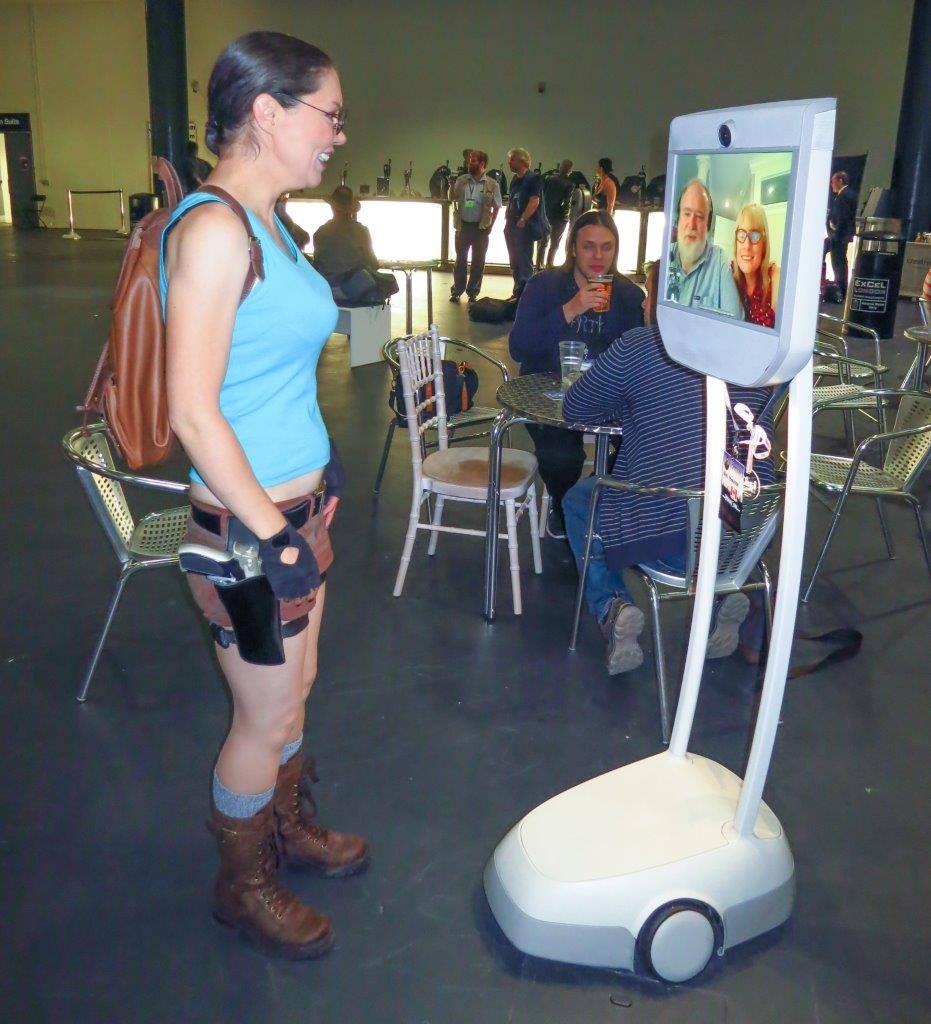A cryptographic solution to securely aggregate allegations could make it easier to come forward
Submitted by brad on Mon, 2017-10-16 13:53Nobody wants to be the first person to do or say a risky thing. One recent example of this is the revelations that a number of powerful figures, like Harvey Weinstein, Roger Ailes, Bill O'Reilly and Bill Cosby, had a long pattern of sexual harassment and even assault, and many people were aware of it, but nobody came forward until much later.
People finally come forward when one brave person goes public, and then another, and finally people see they are not alone. They might be believed, and action might be done.
Eleven years ago, I proposed a system to test radical ideas, primarily aimed at voting in bodies like congress. The idea was to create a voting system where people could cast encrypted votes, with the voter's identity unrevealed. Once a majority of yes votes were cast, however, the fragments of the decoding key would assemble and the votes and the voter identities could be decoded.
This would allow, for example, a vote on issues where a majority of the members support something but few are willing to admit it. Once the total hit the majority, it would become a passed bill, with no fear in voting.
I still would like to see that happen, but I wonder if the approach could have more application. The cryptographic approach is doable when you have a fixed group of members voting who can even meet physically. It's much harder when you want to collect "votes" from the whole world.
You can easily build the system, though, if you have a well trusted agency. It must be extremely trusted, and even protected from court orders telling it to hand over its data. Let's discuss the logistics below, but first give a description of how it would work.

Say somebody wants to make an allegation, such as "I was raped by Bill Cosby" or "The Mayor insisted I pay a bribe" or "This bank cheated me." They would enter that allegation as some form of sworn legal statement, but additional details and their identity would be encrypted. Along with the allegation would be instructions, "Reveal my allegation once more than N people make the same allegation (at threshold N or less.)"
In effect, it would make saying "#metoo" have power, and even legal force. It also tries to balance the following important principles, which are very difficult to balance otherwise:
- Those wronged by the powerful must be able to get justice
- People are presumed innocent
- The accused have a right to confront the evidence against them and their accusers
How well this work would depend on various forms of how public the information is:
- A cryptographic system would require less (or no) trusting individual entities or governments, but would make public the number of allegations entered. It would be incorruptible if designed well.
- An agency system which publishes allegation counts and actual allegations when the threshold is reached.
- An agency system which keeps allegation counts private until the threshold is reached.
- An agency system which keeps everything private, and when the threshold is reached discloses the allegation only to authorities (police, boards of directors).
There are trade-offs as can be shown above. If allegations are public, that can tell other victims they are not alone. However, it can also be a tool in gaming the system.
The allegation must be binding, in that there will be consequences for making a false allegation once the allegations are disclosed, especially if the number of existing allegations is public. We do not want to create a power to make false anonymous allegations. If it were public that "3 people allege rape by person X" that would still create a lot of public shame and questions for X, which is fine if the allegations are true, but terrible if they are not. If X is not a rapist, for example, and the threshold is high, it will never be reached, and those making the allegations would know that. Our system of justice is based important principles of presumption of innocence, and a right to confront your accusers and the evidence against you.










 So many places don't have enough plugs for the modern electronics-laden technomad. So get some power strips. In particular, get the ones that have universal sockets which take US, Euro, UK and Aus/China plugs. Yes, I bring adapters but it's always nice to have some extra plugs. Put one of these power strips by the bed (especially if the plugs by the bed are occupied by lamps and other things.) Put one by the desk space -- you do have desk space, right?
So many places don't have enough plugs for the modern electronics-laden technomad. So get some power strips. In particular, get the ones that have universal sockets which take US, Euro, UK and Aus/China plugs. Yes, I bring adapters but it's always nice to have some extra plugs. Put one of these power strips by the bed (especially if the plugs by the bed are occupied by lamps and other things.) Put one by the desk space -- you do have desk space, right?
 Most of these issues revolve around fleets. Privately owned robocars will tend to have steering wheels and be usable as regular cars, and so only improve the situation. If they encounter unsafe roads, they will ask their passengers for guidance, or full driving. (However, in a few decades, their passengers may no longer be very capable at driving but the car will handle the hard parts and leave them just to provide video-game style directions.)
Most of these issues revolve around fleets. Privately owned robocars will tend to have steering wheels and be usable as regular cars, and so only improve the situation. If they encounter unsafe roads, they will ask their passengers for guidance, or full driving. (However, in a few decades, their passengers may no longer be very capable at driving but the car will handle the hard parts and leave them just to provide video-game style directions.)


 Along the way, though, we have mostly secured the individual links an E-mail follows. Most mail servers use encrypted SMTP over TLS when exchanging mail. The major web-mail programs like Gmail use encrypted HTTPS web sessions for reading it. The IMAP and POP servers generally support encrypted connections with clients. My own server supports only IMAPS and never IMAP or POP, and there are others like that.
Along the way, though, we have mostly secured the individual links an E-mail follows. Most mail servers use encrypted SMTP over TLS when exchanging mail. The major web-mail programs like Gmail use encrypted HTTPS web sessions for reading it. The IMAP and POP servers generally support encrypted connections with clients. My own server supports only IMAPS and never IMAP or POP, and there are others like that.